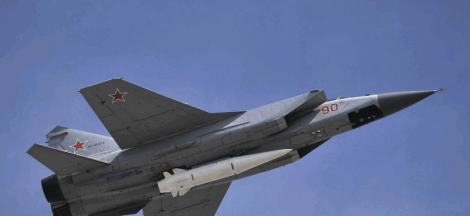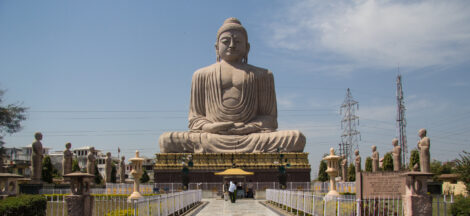Pakistan’s Chief of Army Staff, General Asim Munir, has declared that any violation of the country’s sovereignty will be met with a “full military might” response, intensifying the already strained relations with India following the deadly Pahalgam attack.
The April 22 assault in Kashmir’s Baisaran meadow resulted in 26 fatalities, primarily among Indian Hindu tourists, and left 17 injured. Gunmen, disguised in army fatigues, executed the attack before fleeing into nearby forests. India has attributed the massacre to Pakistan-backed militants, a claim Islamabad firmly denies.
In the aftermath, India’s government has implemented a series of punitive measures against Pakistan. These include suspending the Indus Waters Treaty, halting all imports from Pakistan, closing the Integrated Check Post at Attari, and expelling Pakistani diplomats. Additionally, Pakistani nationals have been barred from traveling to India under the SAARC Visa Exemption Scheme, with existing visas revoked and holders given 48 hours to depart.
Pakistan has responded by closing its airspace to Indian aircraft, suspending trade routes, and expelling Indian diplomats. The Pakistani military has also conducted missile tests, including the launch of a 120-kilometer range Fatah surface-to-surface missile, signaling its readiness to counter any perceived aggression.
General Munir’s statements underscore Pakistan’s stance on defending its territorial integrity. He emphasized that the armed forces are fully capable of safeguarding the nation’s sovereignty against the entire spectrum of threats. This declaration comes amid a sharp uptick in attacks targeting security forces within Pakistan, particularly in Balochistan and Khyber Pakhtunkhwa.
The international community has expressed concern over the escalating tensions. Russia’s Kremlin has voiced significant concern, emphasizing the importance of its relationships with both New Delhi and Islamabad. Iran’s top diplomat, Abbas Araghchi, visited Pakistan to mediate the situation and is expected to visit India next. The United Nations Secretary-General has urged both nations to exercise restraint and avoid further escalation.
On the ground, the situation remains volatile. India has placed its military on high alert, with security forces launching search operations to track down the perpetrators of the Pahalgam attack. The region’s tourism industry, once booming, is now reeling, with Indian hotels and houseboats offering significant discounts but facing a severe downturn in bookings. On the Pakistani side, authorities have sealed off popular destinations like Neelum Valley, reducing business in areas like Pir Chinasi to a trickle.




 Parliamentary Panel Flags Social Media Threats to National Security
Parliamentary Panel Flags Social Media Threats to National Security 